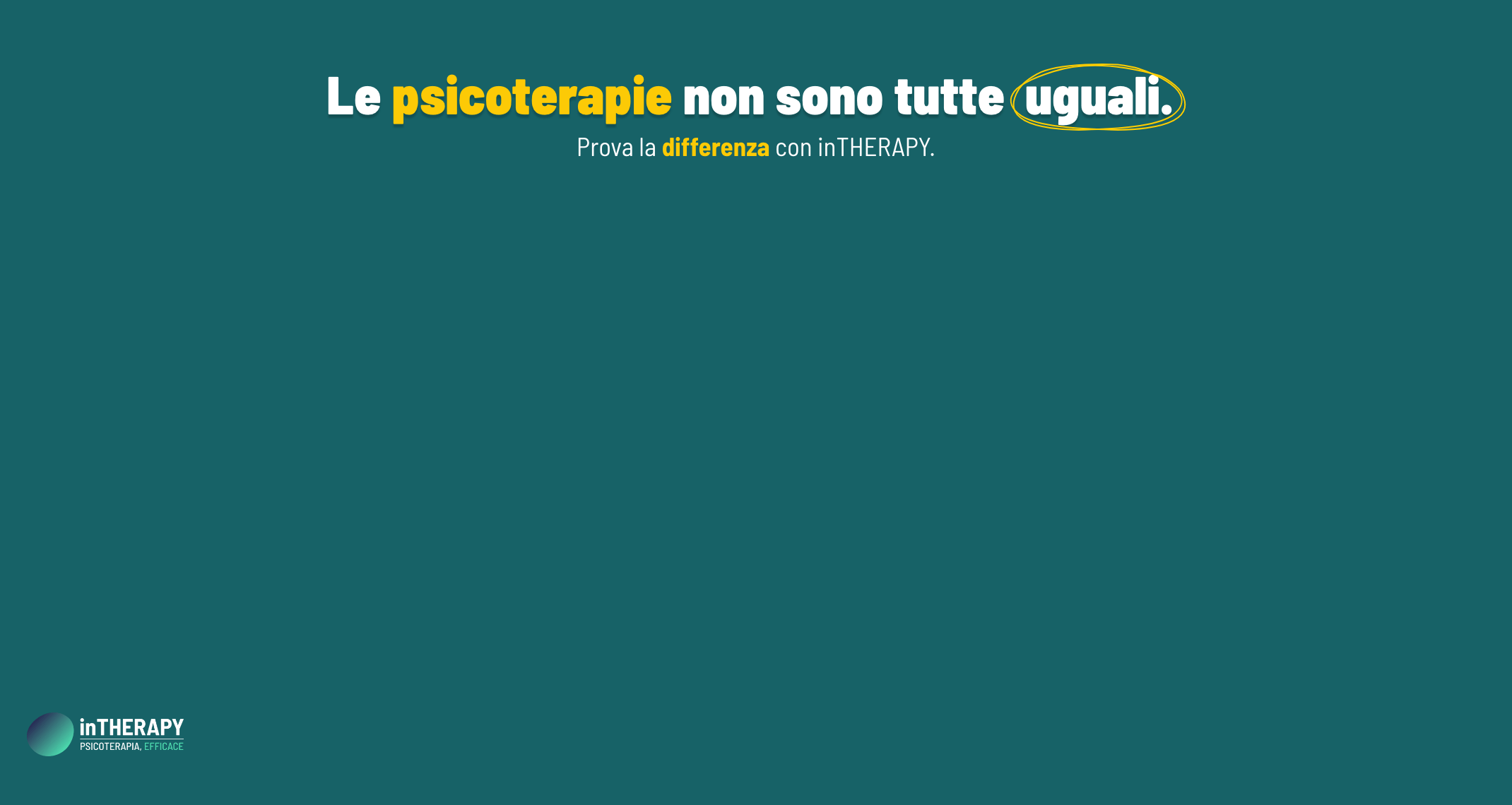Questo articolo ha partecipato al Premio State of Mind 2014 Sezione Junior
Representations, attitudes and beliefs of Italian and French undergraduates about University: an empirical study
Autore: Giorgio Giuseppe Maggiacomo (Alma mater studiorum Università di Bologna)
Abstract
Il presente lavoro si propone di esplorare i contenuti delle rappresentazioni sociali, le credenze e l’atteggiamento associati all’università. Tenendo a riferimento le direttive della Commissione Europea degli ultimi anni per le riforme dei sistemi universitari, abbiamo condotto uno studio comparativo su due sistemi europei, quello italiano e quello francese. Per farlo, abbiamo chiamato a rispondere gli studenti, che sono tra i diretti interessati dei cambiamenti che sono intervenuti negli ultimi anni. Questo perché la Commissione Europea ha deciso di fondare una nuova forma di economia, che possa rendere l’Europa la potenza economica più grande, un’economia dunque basata sulla conoscenza. In questo contesto, l’università sembra avere un ruolo chiave, essendo il cuore della ricerca scientifica e della formazione permanente. Ancora di più se, come previsto dal modello della Triplice Elica (Etzkowitz, 1983), instaura un legame stretto di scambio con le aziende per produrre quell’innovazione che serve allo sviluppo del territorio. Seguendo l’approccio strutturale di Abric (1993) allo studio delle rappresentazioni sociali, e il modello di Osgood, Suci e Tannenbaum (1957) sulla misura degli atteggiamenti (1975), l’analisi dei dati raccolti ha rivelato che sussistono differenze significative tra studenti italiani e francesi alle dimensioni indagate. Le informazioni qui ottenute aggiungono quindi un tassello importante all’indagine della Commissione Europea (2011) sulle percezioni degli studenti delle riforme dei sistemi universitari.
Abstract (English)
This paper aims to explore the contents of social representations, beliefs and attitudes associated to university. Keeping in reference the guidelines of the European Commission of recent years on the reforms of higher education systems, we conducted a comparative study on two European systems, the Italian and the French one. To do this, we called to respond the students who are among the stakeholders of the changes that have occurred in recent years. This is because the European Commission decided to establish a new form of economy that can make Europe the biggest economic power, that is a knowledge-based economy. In this context, university seems to play a key role, being the heart of the scientific research and training. Even more so if, as required by the Triple Helix Model (Etzkowitz, 1983), university establishes a close connection with businesses to produce innovations that need to territory development. Following the Abric’s structural approach (1993) to the study of social representations, and the model of Osgood, Suci and Tannenbaum on the measurement of attitudes (1957), data analyses revealed that there are significant differences between Italian and French students to the dimensions investigated. Information achieved added a dowel to the survey on youth, education and culture, provided by the European Commission (2011), on the students’ perception of the higher education reforms.
Key words: attitudes, beliefs, innovation, social representations, university.
ARTICOLO CONSIGLIATO:


